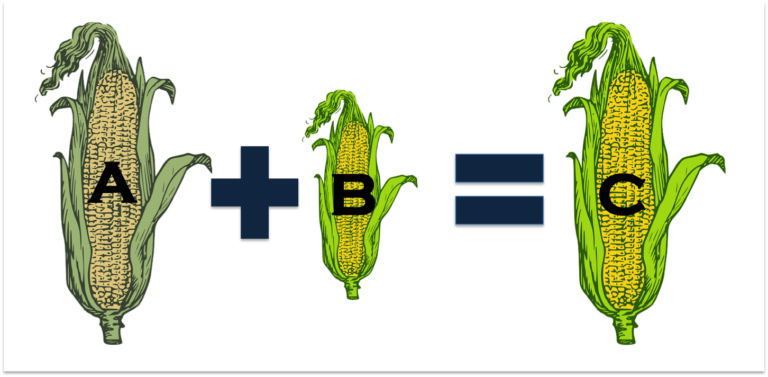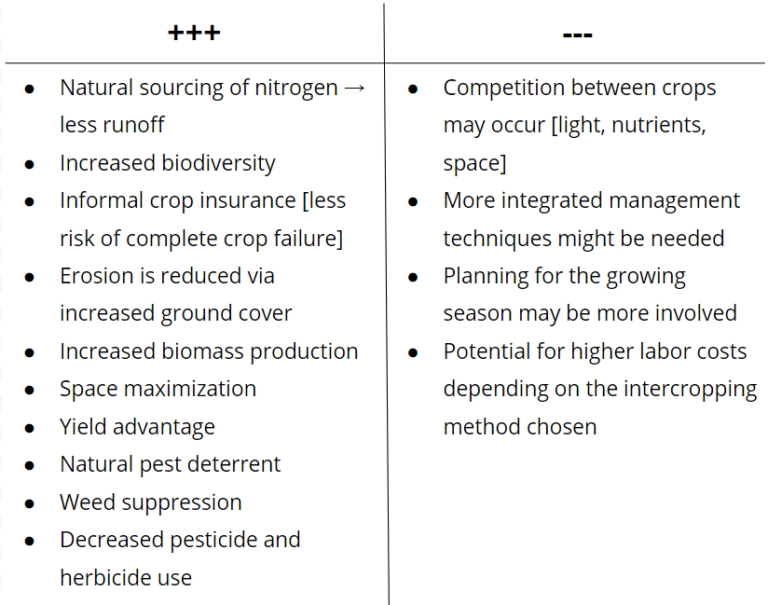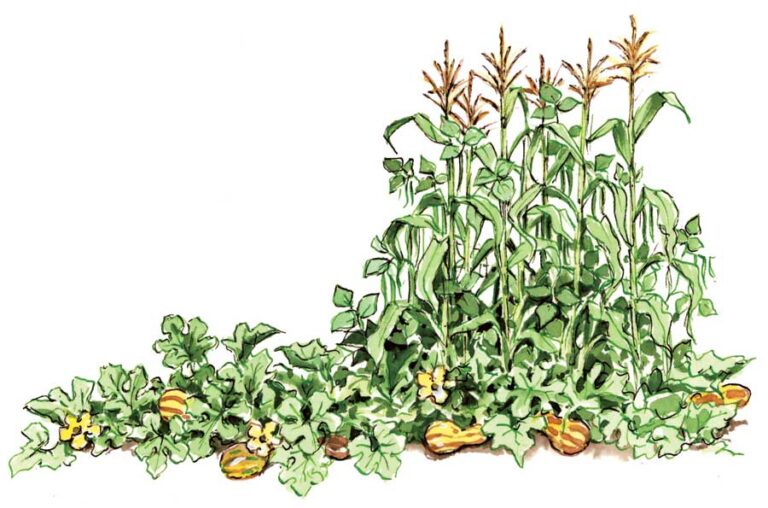the historical development of organic farming
Organic agriculture, i.e. a method of farming and gardening that relies on natural systems and products and is free of virtually all synthetic and toxic chemicals, fertilizers and pesticides and a holistic, sustainable production management system that promotes and enhances biological cycles and soil biological activity, has a long and interesting history. Its development has occurred…



